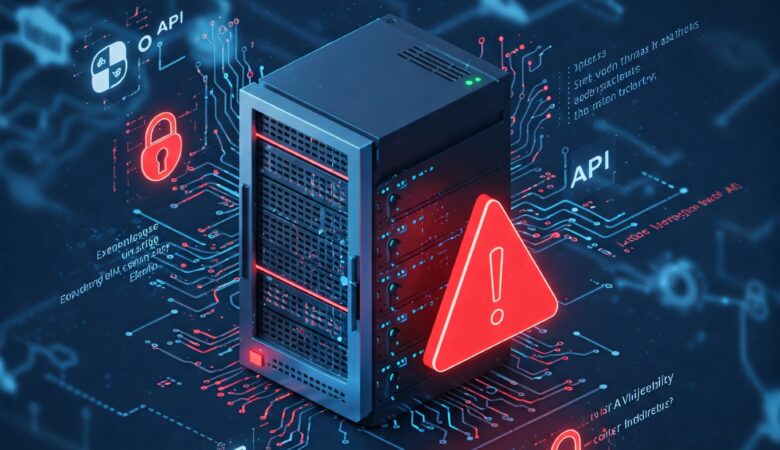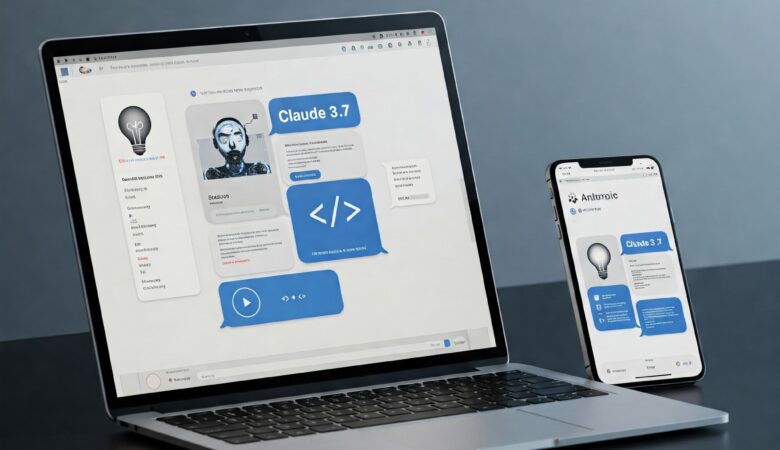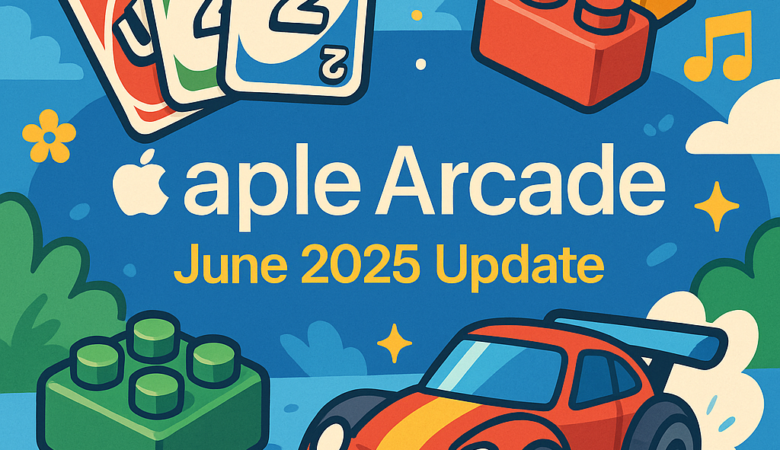The AI Evolution Is Just Beginning
Artificial Intelligence (AI) has come a long way—from voice assistants to self-driving cars. But what’s next? As we enter mid-2025, AI is gearing up to go beyond automation and start enhancing human life in deeply personal, intelligent, and ethical ways.
This article explores the upcoming AI technologies that will soon become part of your daily life. Explained in simple language, with insights into why they matter and what to expect.
1. Personalized AI Companions — Not Just Assistants Anymore
Imagine an AI that doesn’t just respond to commands, but actually understands your emotions, habits, and goals. These aren’t robots, they’re your digital twins:
Context-aware and emotional AI will be able to read your tone, facial expressions, and even stress levels.
They will help manage schedules, mental health, and learning habits with empathy.
Built on advanced LLMs (like GPT-5+ and Claude 3) with integrated sensors and personal data modeling.
✅ Why it matters: AI companions could redefine therapy, education, and personal productivity, making digital interactions more human.
2. Generative AI 2.0: Creativity Reimagined
We’ve seen AI create art, write songs, and generate videos, but GenAI is evolving fast:
Multimodal AI will allow creators to move seamlessly between text, sound, visuals, and 3D environments.
Tools like Sora, Runway Gen-3, and Adobe Firefly are leading the charge.
AI will assist in co-creating video games, films, marketing campaigns, and even interior designs.
🎨 Why it matters: Human creativity won’t be replaced—but it will be supercharged by AI, making anyone a creator.
3. AI in Healthcare: From Predictive Care to Real-Time Diagnostics
Healthcare is one of the biggest areas AI is about to transform:
Predictive AI models will detect diseases before symptoms show—by analyzing your lifestyle, genes, and wearable data.
AI imaging tools will support real-time diagnosis of cancer, heart disease, and more with near 100% accuracy.
Virtual health assistants will provide round-the-clock monitoring and suggestions based on your data.
🩺 Why it matters: AI could extend life expectancy and reduce medical errors—saving millions of lives.
4. Autonomous Agents: Let AI Do the Work
These are not just bots—they’re independent thinking systems:
AI agents like Auto-GPT or Devin can plan tasks, book flights, handle emails, and complete work projects autonomously.
Enterprises are using them for customer support, data entry, and even software development.
🧠 Why it matters: You’ll soon have an AI co-worker who’s tireless, focused, and learns on the job.
5. Ethical AI and Regulation: The Human Side of the Tech
With power comes responsibility. 2025 is seeing a rise in:
Ethical AI frameworks for transparency and fairness.
Legislation like the EU AI Act is leading global conversations around AI regulation.
Emphasis on bias-free models and user data ownership.
⚖️ Why it matters: These steps ensure AI is safe, fair, and inclusive—not just powerful.
Conclusion: A Future Built With (Not Just By) AI
AI isn’t about replacing us—it’s about amplifying human potential. From personalized assistants to AI-powered creativity and healthcare, the next wave of innovation is about bringing humanity and intelligence together.
Whether you’re a student, a business owner, or just curious—AI is about to make your life smarter, easier, and more connected.
Photoshop Magic Just Got Smarter: Adobe’s AI Agents Now Edit Like a Pro



